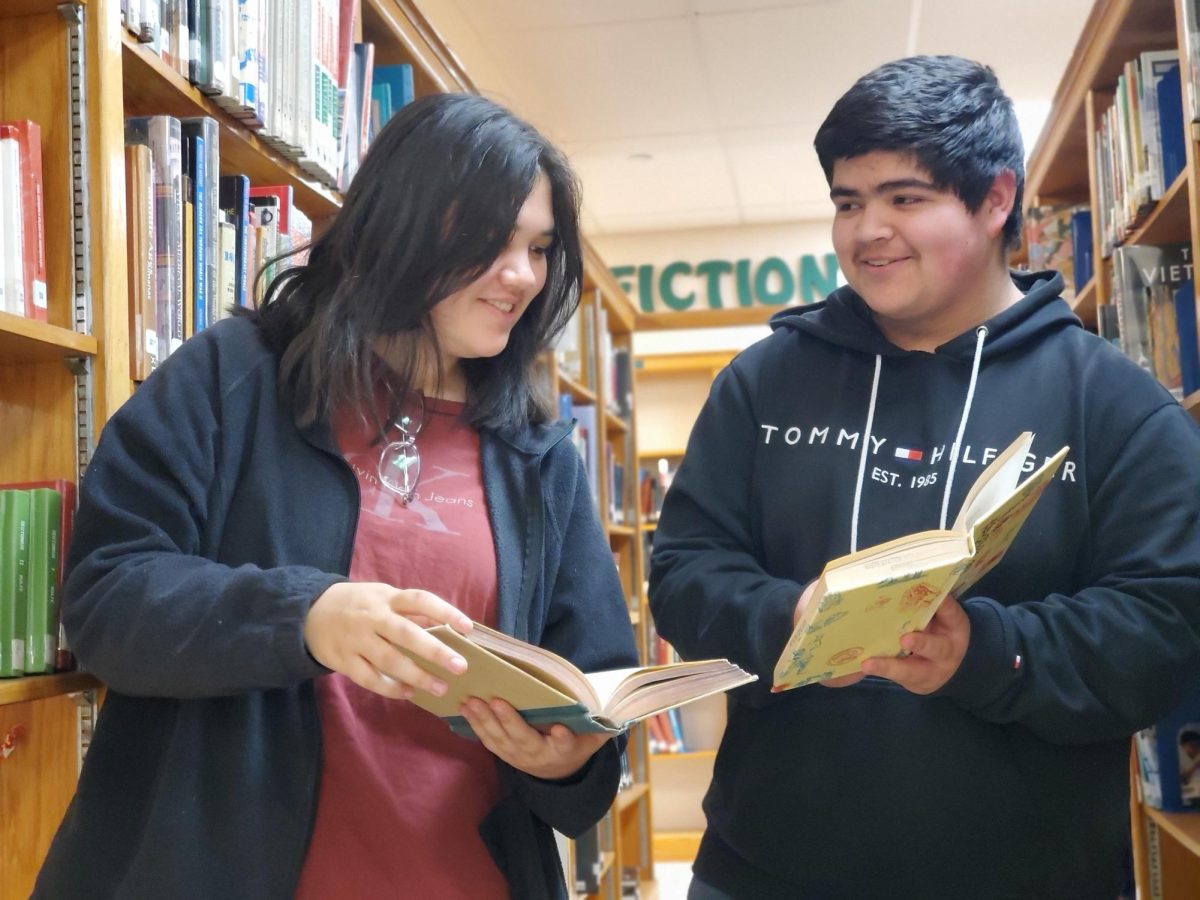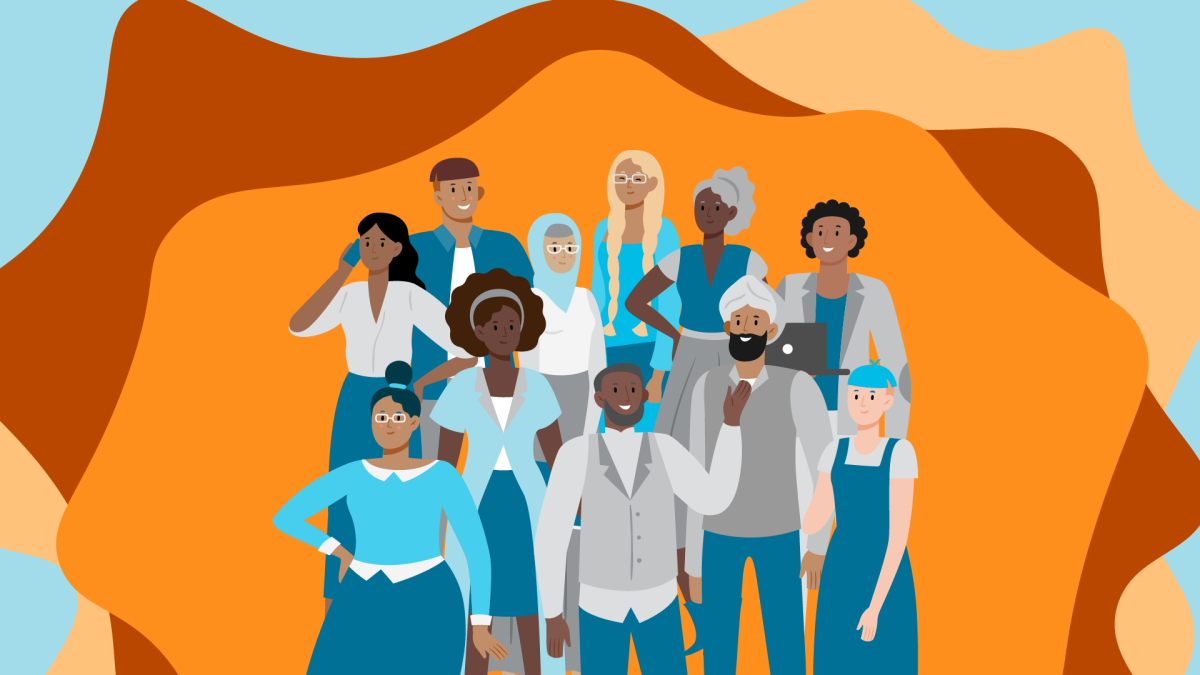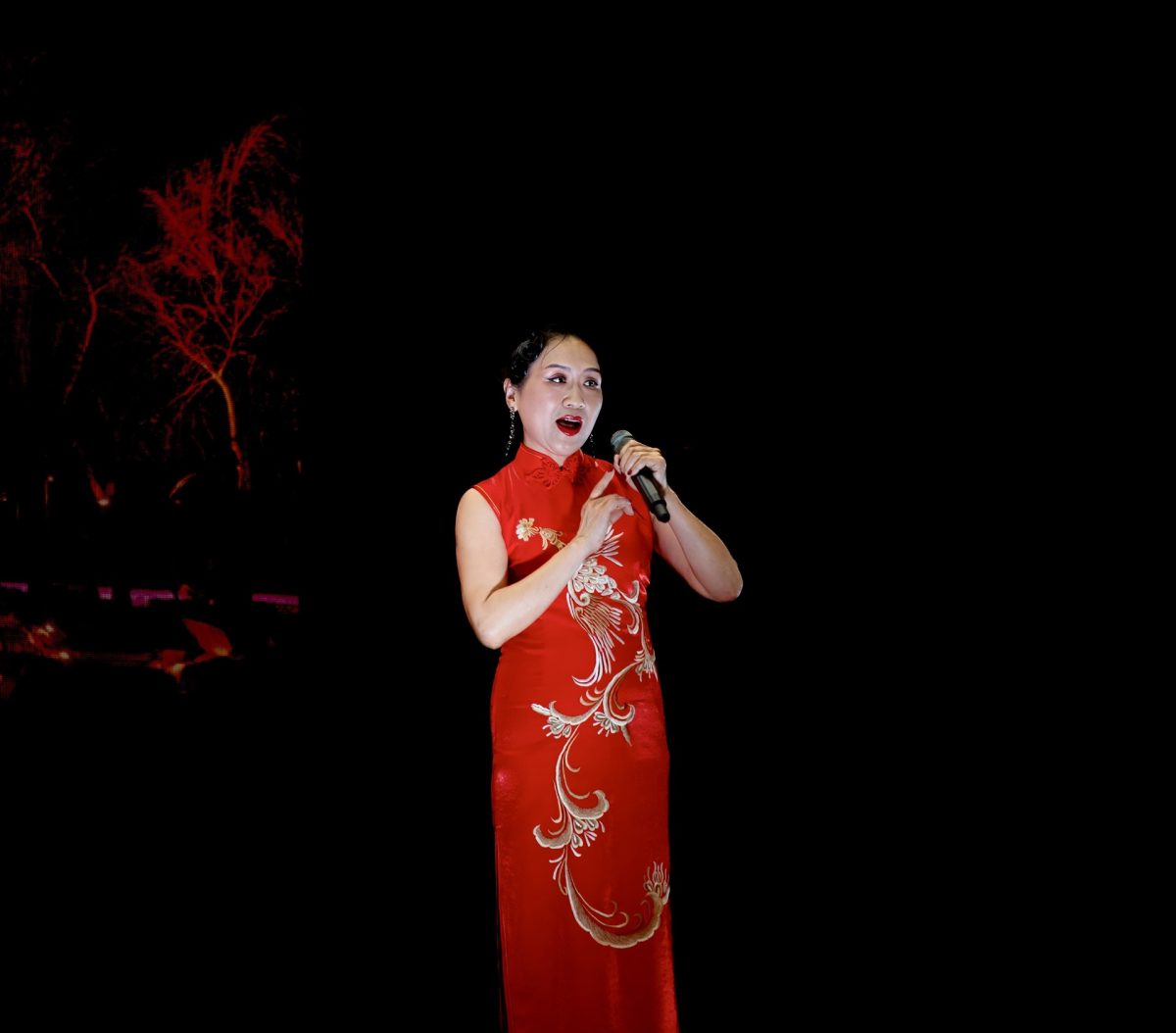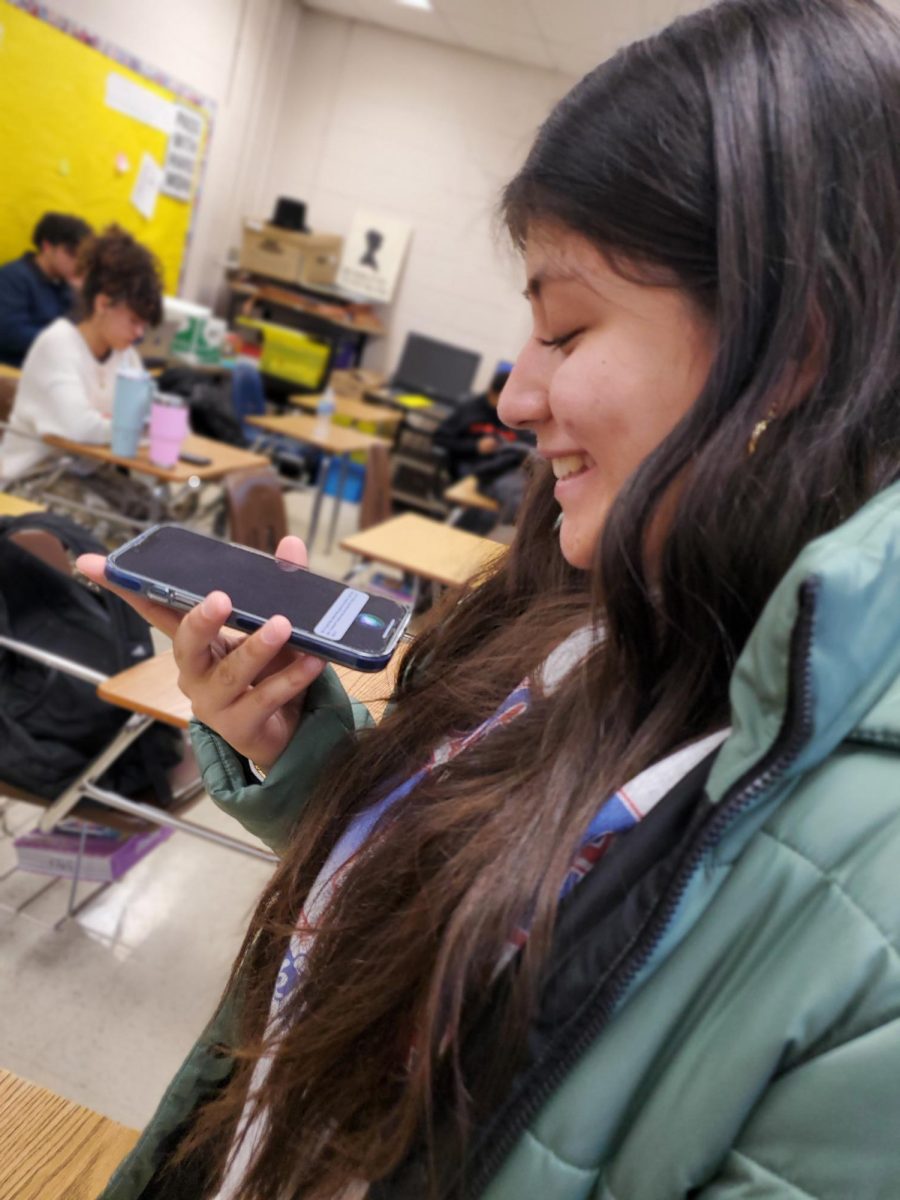It’s a new day. Why not read a classic book? You’re craving a book that’s fresh and new but still rich in content that pulls you deeper into its literary world. But every recommendation is always the same: a book written practically over 100 years over its time, containing nothing relevant to modern times. Every novel selection appears to be the same, and many times it feels like our education system isn’t putting anything new on the table either. So maybe it’s time to reinvent the system and finally bring a breath of fresh air through a modern book.
A classic is often thought of as an old book that has remained relevant and valuable over time. However, many books that are deemed “classic” traditionally include perspectives from white, male writers. This gives classic books an inaccurate and stereotypical image that covers up crucial messages illustrated throughout these novels. But there is much more that makes these books stand out and relevant.
“There’s a more cynical approach that’s just focusing on European literature,” Samuel First (11). “It’s not a very fair use of the word classic to just define the book by European authors. Classic as a definition just loosely means it stands the test of time.”
Many classics are widely known and heavily incorporated into our daily lives. Many of these classics have been embedded in many people and pop culture.
“[Some popular classics are] ‘Pride and Prejudice’, ‘Wuthering Heights’, ‘Little Women’ and ‘The Picture of Dorian Gray’,” Karma Green (11) said. “I really like ‘Pride and Prejudice’ and I found it through other people’s recommendations.”
Many of these classic books have maintained their popularity by traversing their way into pop culture through films and other media. Ultimately, they have captivated and inspired generations of people, but what makes them so special? A certain “it” factor pushes these classics beyond the title of “any old book.”
“Older classics impact differently depending on the historical context, the focus of the book and how we have dissected the text,” Victoria Jacobs (10) said.
A common way many modern books have shown their influence is through their incorporations in entertainment media, like movies, TV series and video games. This is because of their massive audiences who dedicate time and knowledge to further critique, analyze and appreciate the works.
“I mean I guess this feels like a cop-out, but I would say the Harry Potter books [are classics] since they have certainly been influential,” First said. “ I mean what usually pops up is books that have movie adaptations since they are pretty influential.”
Another issue that arises from thinking of new innovative modern stories is the genre and storytelling. Many people associate classics with a higher level of intellect and prestige due to the serious nature of the books, but it shouldn’t be seen that way. Books of all genres and storytelling have the potential to become classics. It all depends on the impact that was made on people.
“I feel like all reading is good reading,” Green said. “In the reading community, I feel like a lot of people are falsely intellectual about the books [they read]. But as long as you are reading, you’re still putting knowledge in your mind [and you can still analyze it]. ‘Twilight’, [for example], is such a popular series and has been integrated into pop culture.”
Any book no matter who wrote it, when it was made or the type of genre it is, has the potential to be memorable and have a huge impact that it is rewarded with the title of a “classic”.
“I think that a book from [any] age can become a classic,” Jacobs said. “They [need to] reach enough of an audience and [have] a large message that’s [able to be] analyzed and appreciated.”








































